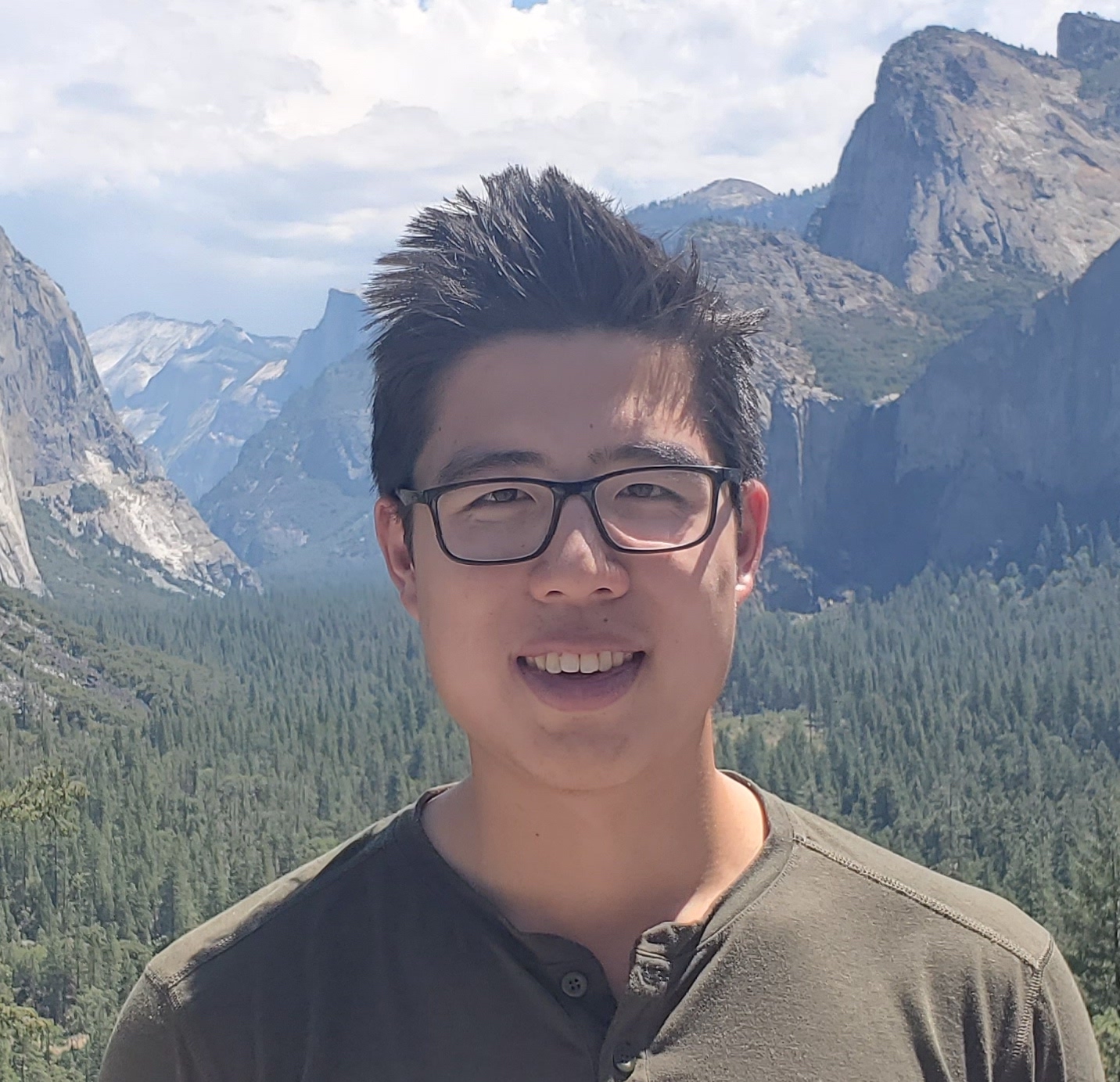A Portrait of the Artist as a Young Man by James Joyce
09 Jan 2017Thus ends my 5-month flirtation with the modernist semi-auto-biography — or Künstlerroman, as the elitists say — detailing the artist’s maturation and coming to grips with Ireland and Catholicism.
“When the soul of a man is born in this country there are nets flung at it to hold it back from flight. You talk to me of nationality, language, religion. I shall try to fly by those nets”
It was not a long book but its sheer breadth and abstraction made me pause often for breath when attempting to finish the chapter or page or paragraph. It is because of this that I fear I will never be able to complete Ulysses or Finnegan’s Wake. Portrait was the first Joycean book I attempted to read, not the first that I had completed; I had attempted to read Portrait when I was a mere eleventh grader and I was lost immediately at moocow. I accepted my ineptitude and moved on to other, more palatable works, including Joyce’s Dubliners, an assembly of grounded short stories and vignettes of Dublin life.
Portrait begins with Joyce, a.k.a Stephen Dedalus, as a toddler, moves to him as a precocious boy at Clongowes boarding school, to him in Dublin, to his succumbence to lust, to his instilled fear of the soul in mortal sin, to his devout adherence to religion, to his defiant repudiation of religion, to his emergence as an artist, reborne on the beach, to him among his deserved peers at University College Dublin, to his self-exile from Ireland.
“This was the call of life to his soul not the dull gross voice of the world of duties and despair, not the inhuman voice that had called him to the pale service of the altar.”
Later, the reader achieves glimpses of Dedalus among his peers at University College, where they banter in some intellectual fashion. Dedalus expresses himself on many issues: art, estheticism and religion. In the end, he decides to leave Ireland for Europe, saying:
“I will not serve that in which I no longer believe whether it call itself my home, my fatherland or my church: and I will try to express myself in some mode of life or art as freely as I can and as wholly as I can, using for my defence the only arms I allow myself to use — silence, exile, and cunning.”
He leaves his homeland in search for some expression or freedom as an artist, to escape his stagnant environment. He is willing to be alone, “(n)ot only to be separate from all others but to have not even one friend.” Perhaps one day I will follow suit.
Moments
- Dedalus and his beloved on the last tram
- Scence on the beach
- The Villanelle
- Banter at University College
Other Quotes
-
“His soul had arisen from the grave of boyhood, spurning her graveclothes. Yes! Yes! Yes! He would create proudly out of the freedom and power of his soul, as the great artificer whose name he bore, a living thing, new and soaring and beautiful, impalpable, imperishable.”
-
“Old father, old artificer, stand me now and ever in good stead.” See Daedalus, the Greek architect. Joyce does not get burned like Icarus.

